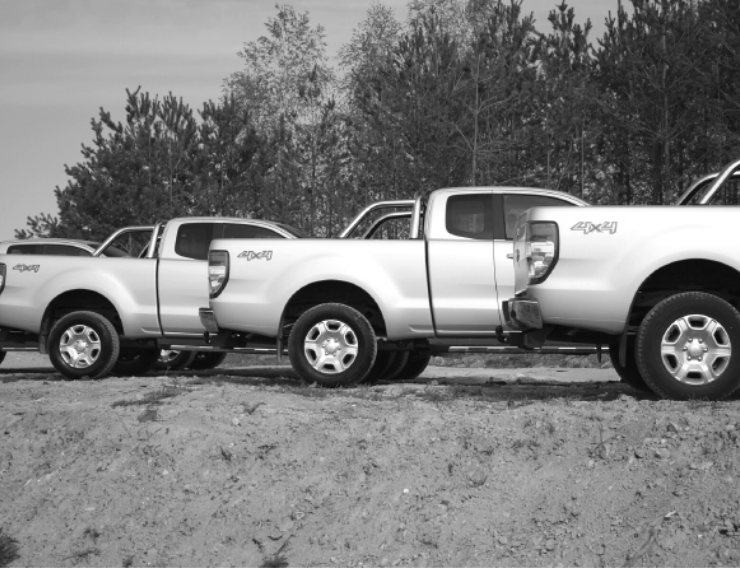Beep beep! Sedans, SUVs, pick-ups…is your fleet covered?
The exposures that your business faces on the road require a separate insurance policy. Automobile Liability coverage is designed to address the third-party liability losses arising from the ownership, operation, maintenance or use of an automobile. Whether a true trucking risk or incidental auto exposures, anyone driving a vehicle is required by law to provide automobile insurance.
The Physical Damage section provides coverage for the property damage to the vehicles that you own, lease or in some instances borrow or rent (Hired Car Physical Damage).
This coverage typically has two parts:
Enhancements that can be added to broaden the coverage include:
Benefits
- Compliant with state requirements.
- MC-90 and other DOT filings available.
- Large fleets can be rated on a composite rate basis, simplifying record keeping.
- Pollution (upset and overturn) coverage can be added.
- Garage Forms available for operations that are repairing vehicles for others.
Features
- Policy Forms: Provided on state-specific ISO form.
- Policy Term: Annual.
- Limits of Liability: Standard limits are $1M Combined Single Limit (CSL); higher limits to meet Department of Transportation requirements are available up to $5M CSL.
- Automobile Physical Damage valued on an Actual Cash Value basis, (replacement cost, less depreciation).
- Retentions: Wide selection of program structures to meet the client’s needs including: guaranteed cost, dividend programs, small, intermediate and large deductible options and retrospectively rated programs.

